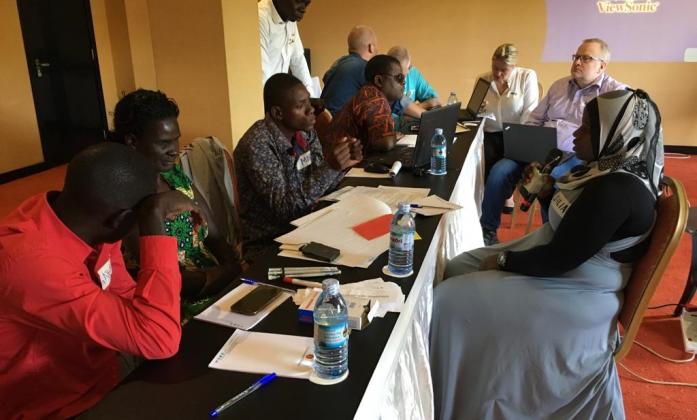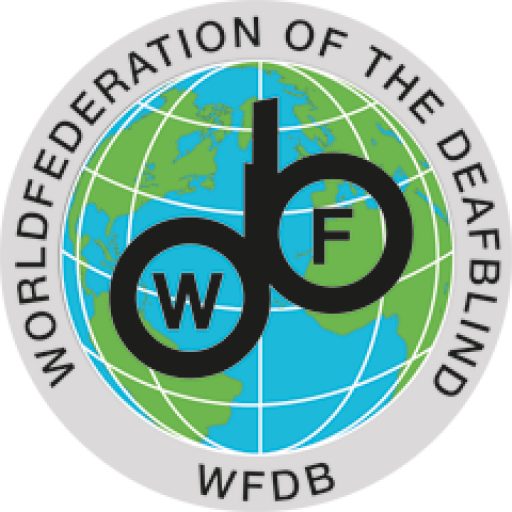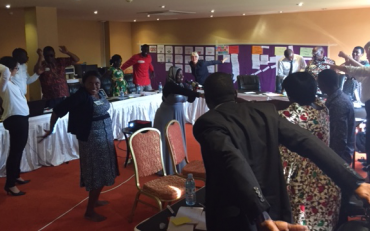 On the 22nd and 23rd November 2018 in Kampala, Uganda, the World Federation of the Deafblind held the first workshop of the WFDB in East Africa. The workshop was organized in partnership with the International Disability Alliance (IDA), which also assured the co-facilitation, with financial support from the Norwegian Ministry of Foreign Affairs and the Ministry of Foreign Affairs of Finland.
On the 22nd and 23rd November 2018 in Kampala, Uganda, the World Federation of the Deafblind held the first workshop of the WFDB in East Africa. The workshop was organized in partnership with the International Disability Alliance (IDA), which also assured the co-facilitation, with financial support from the Norwegian Ministry of Foreign Affairs and the Ministry of Foreign Affairs of Finland.
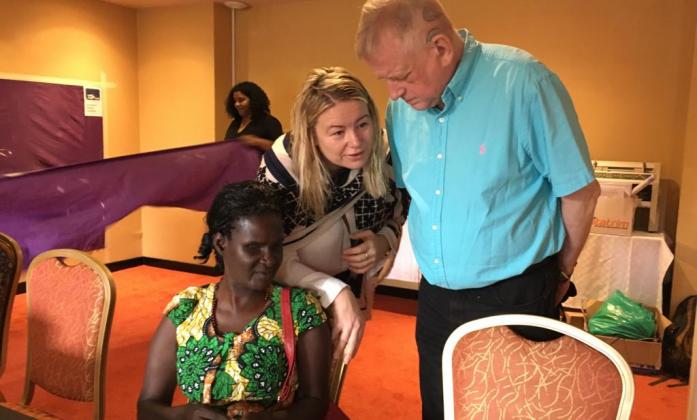
Geir Jensen, President of the World Federation of the Deafblind, opened the workshop expressing his warm gratitude to all representatives of East African countries present in this very first workshop in the region, urging the WFDB members to interact and share their experiences and knowledge over the two days’ workshop.
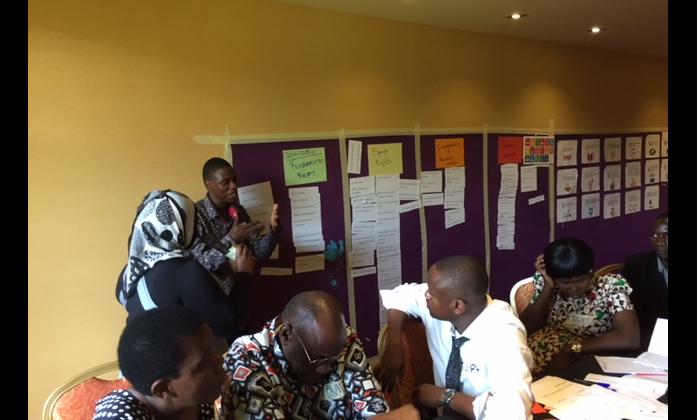
The opening was followed by a discussion around the situation of the people with deafblindness worldwide, with a specific focus on Uganda, Tanzania, Malawi and Norway, due to the presence of representatives from those countries. The participants noted that we need to make sure particular measures are taken to always include all groups of persons with disabilities, including persons with deafblindness – one of the groups at the greater risk of being left behind.
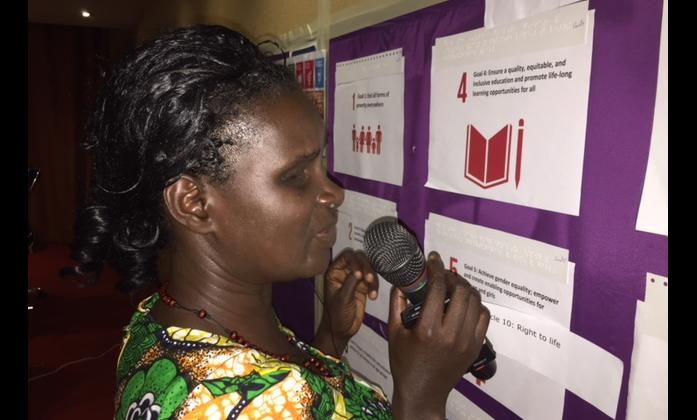
The group engaged in an exercise on the CRPD articles. The importance of this exercise was to support participants getting exposure to all articles of the CRPD and to understand that they are all indivisible, interdependent and interrelated, and that the general principles and the general obligations of the CRPD permeate the entire Convention. The morning session improved the participants’ capabilities of navigating the CRPD.
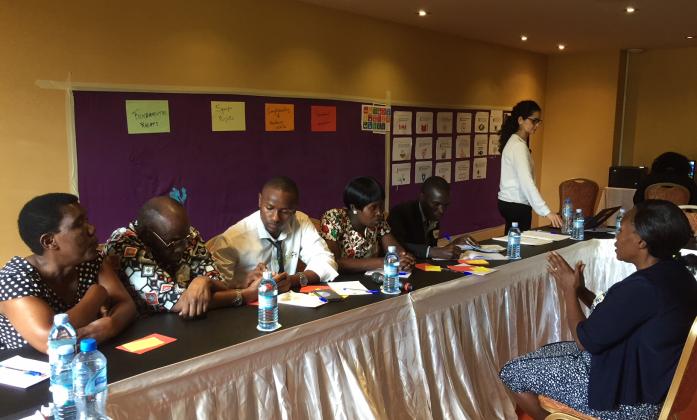
In the afternoon, participants followed the progress on the inclusion of the disability framework from the Millenniums Development Goals (MDGs) towards the Sustainable Development Goals (SDGs). Participants also shared their involvement during the MDGs and on how this framework was implemented without considering the specific requires of persons with disabilities.
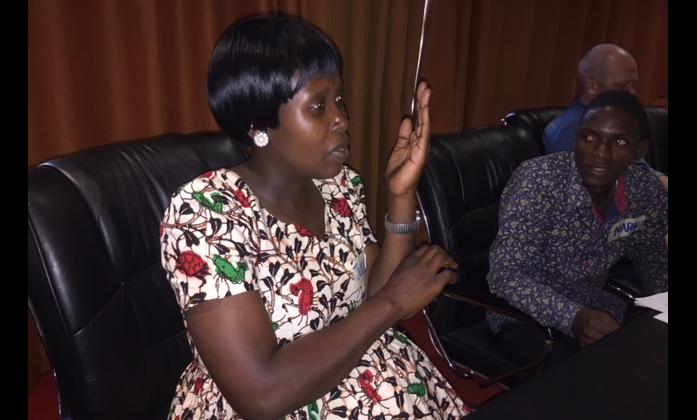
These discussions were followed by a substantive session regarding key elements of the SDGs and its holistic and inclusive nature.
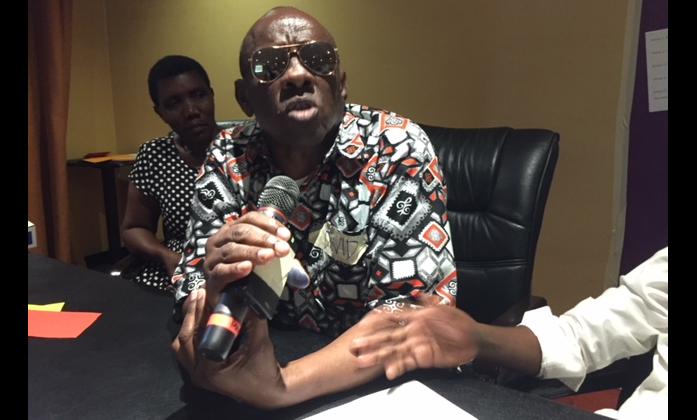
The day was closed by a very constructive and positive feedback on the inclusive methodology used across the day.
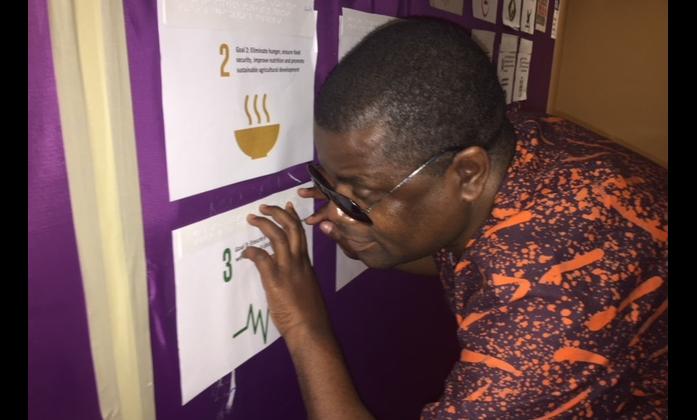
The second day started with the presentation of the World Federation of the Deafblind report “At risk of exclusion from CRPD and SDGs implementation: Inequalities and Persons with Deafblindness”. After the report was presented, there was an open discussion on its content, dissemination and next steps in terms of translation to otherlanguages.
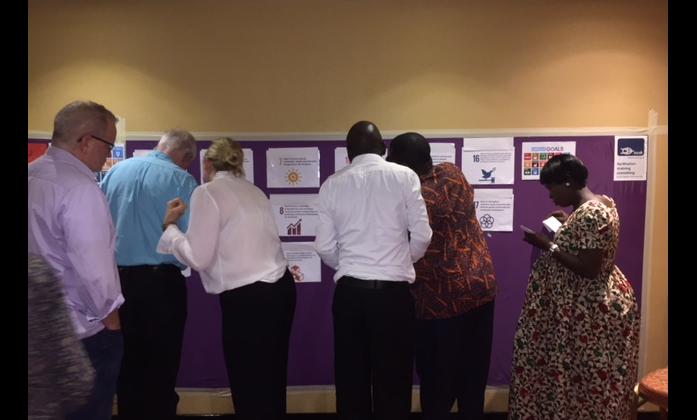
Accessible tools and learning material were provided during the training, which comprehended braille printing, soft copies, red-yellow cards to accommodate the speed of the speeches, the accessible stick wall, and “chouchoutage” devices, along with the presence of guide-interpreters.
The workshop was organized alongside the Bridge CRPD-SDGs Module 2 Uganda, and benefitted from the co-facilitation of Agnes Abukito and Mark Kato, both deafblind Bridge Alumni, with the technical support from the Bridge CRPD-SDGs coordinator, Tchaurea Fleury.
